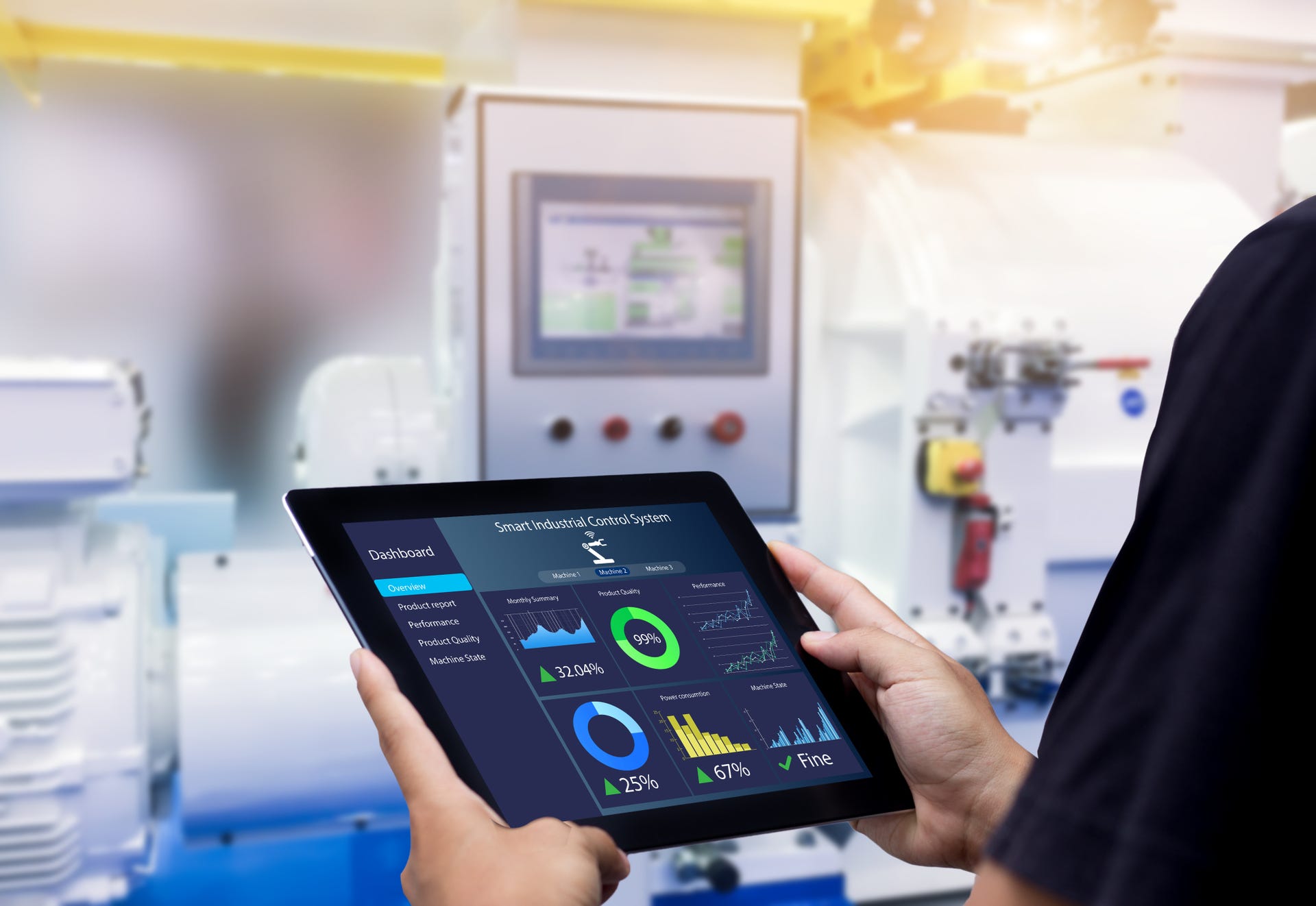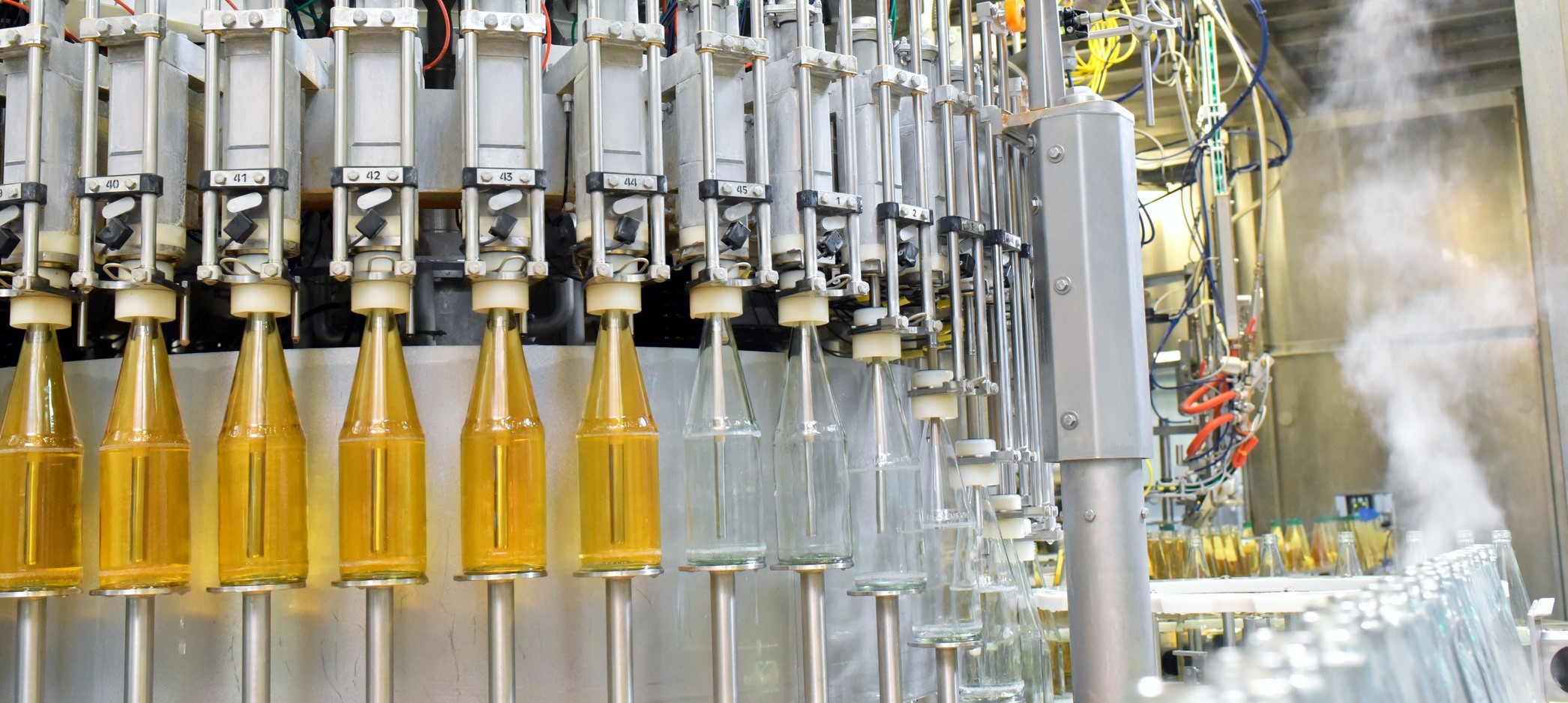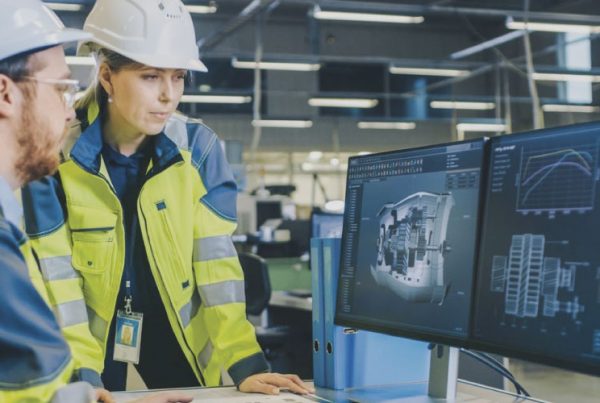Jun 6, 2022

What is MES?
Manufacturing Execution System (MES) helps manufacturing companies to monitor, track, document, and control the process of goods manufacturing from raw materials to a finished products. MES helps to improve the product quality, increase production uptimes, and reduce inventory and costs.
The goal of MES is to achieve product traceability improvement and gather real-time and accurate production data. MES controls all the activities happening on the shop floor, which begin with the customer’s order, MRP system, master schedule, and then building up the products in the most effective, low cost, and high-quality way. It is used to help manufacturers to gain insight into their manufacturing operations to analyze what can be done to improve performance as well as to cut costs and maximize production efficiency.
Real-time data
- Manufacturer is able to make informed business decision with the available of dashboard, reports, and KPIs in real-time.
- Visualization of the machine status with the overview of machine status & OEE
- Real-time data on keeping track of production floor info such as machine breakdown, labor usage, raw material etc
Detailed product genealogy
- Illustrates the detailed product genealogy with end-to-end traceability and quality checks with automatic electronic record keeping.
Management of resources and quality control
- Keep track of your production floor employee’s productivity and quality of work remotely to quickly make adjustments as needed.
The Differences between MES & ERP?
MES & ERP Systems serve different roles in a manufacturing plant. MES drive manufacturing operation by managing and reporting on shop floor manufacturing process and operations activities in real-time. It handles complex production processes with full integration into factory automation and plant floor hardware. It manages the actual shop-floor MES works within timeframes of days, shifts, hours, and minutes.
ERP systems mostly focused on basic plant schedules including production, material use, delivery, and shipping, It is a mix of inventory management, procurement, supply chain, finance & accounting, human resources, and customer relationship management. It focuses on working within time frames of months, weeks, and days. Both MES & ERP Systems integration will provide clear operational insights into your shop floor as compared to these systems working separately.
This is where the MES system plays an important role by serving as a functional layer between the ERP and the process control systems on the shop floor, providing manufacturers with real-time workflow visibility, flexibility, and insights into how best to improve the enterprise-wide manufacturing process.
How do MES & ERP work together?
MES & ERP complement each other very much in the manufacturing production floor. By integrating both of them, manufacturers are able to get a complete, holistic view of real-time production. For example, if you have an ERP system, you can determine which products to manufacture; If you have MES, you can determine how to manufacture your products with efficiently and profitably as possible.
MES feeds ERP with timely information, such as parts and serial number usage, information about production levels, and scrap material. ERP encourages accurate demand forecasting helping the manufacturer to reduce inventory by avoiding overproduction. This will helps the production manager to keep track of what is going on within the shop floor level to see if changes need to be made to remove bottlenecks or improve production performance or processes.
If you would like to enjoy the latest info, please get in contact with our MES team of experts.





